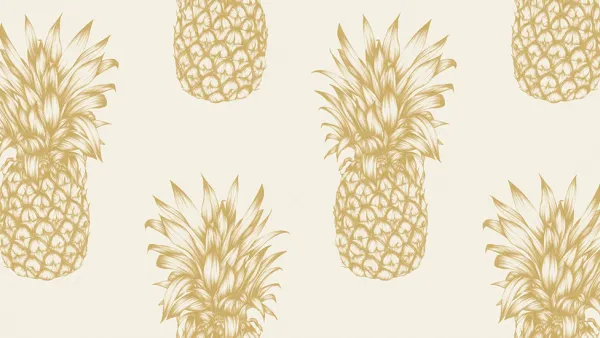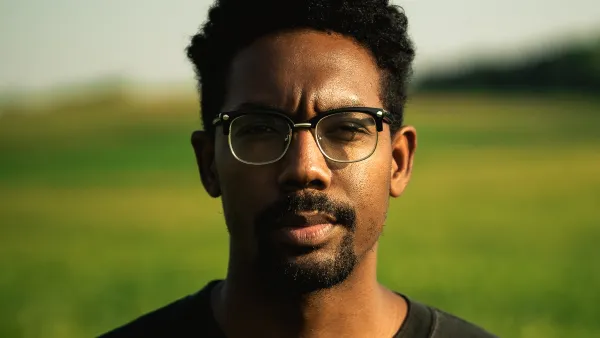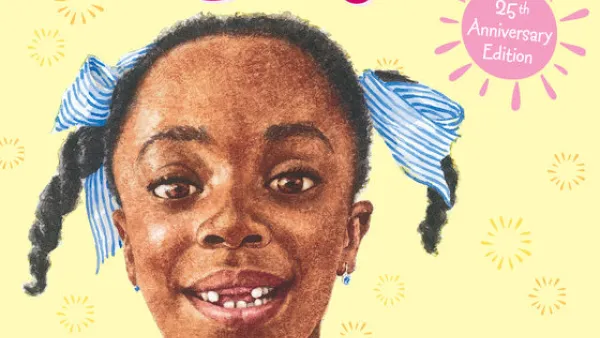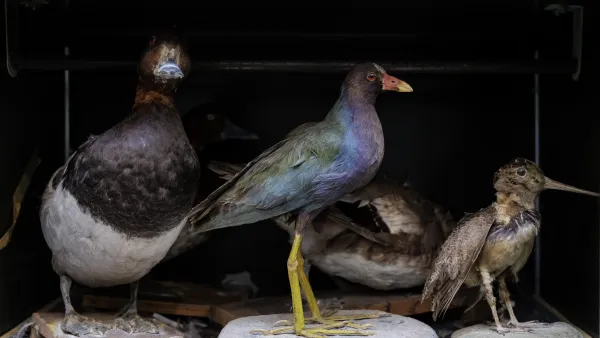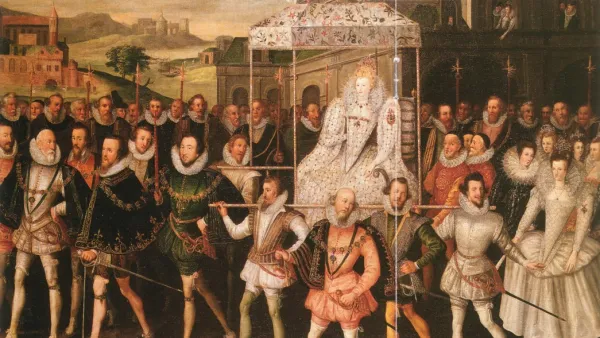During the fall 2024 semester, the Center for the Humanities will host Araba Osei-Tutu, PhD, an education scholar from the University of Ghana.
Thanks to the BECHS-Africa Fellowship program, the Center for the Humanities will host education scholar Araba Osei-Tutu, PhD, from the University of Ghana during the fall 2024 semester. With funding from the Mellon Foundation, and in partnership with the University of Ghana, American University in Cairo and Stellenbosch University (South Africa), the transnational program is aimed at enhancing research capacity for early career scholars in the humanities by supporting a residential fellowship exchange.
Washington University has previously hosted five BECHS-Africa Fellows: Dorothy Pokua Agyepong (spring 2020), Austin Dziwornu Ablo (spring 2022) and Mariama Zaami (spring 2022), all from the University of Ghana; and Zameka Sijadu (fall 2022) and Robin Berghoff (fall 2023) from Stellenbosch University.
Below, we asked Osei-Tutu a bit about her research, her fellowship workplan and what she’s most interested in learning about St. Louis.
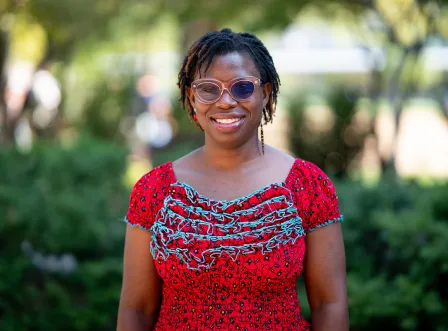
What kinds of questions are you interested in as a scholar?
In what ways can the African oral traditional storytelling (AOTS) framework help us understand African peoples’ experiences? What are ways in which we can decolonize teaching, curriculum and research? In what ways can we center African philosophies, worldviews and perspectives in academia and in teacher education? In what ways can we promote social justice and equity through education? How do Ghanaian and African feminisms help us navigate issues of gender, identity and education? How can we prepare teachers to be culturally relevant and responsive in their teaching and practice? In what ways can we build mother tongue literacy among Africans on the continent and in the diaspora?
What are you working on during your fellowship? How does that connect to your overall research project?
I am working on bringing understanding to and sharing the experiences of teachers who have experienced sexual harassment in boys’ senior high schools through the African oral traditional storytelling framework. I am also working on developing these stories into digital versions for wider dissemination and education beyond publication. Additionally, I am working on elaborating on the use of the fireside chat as a story-gathering approach. As an African-centered researcher and educator, the current project aligns with my goals of decolonizing, equity and social justice in education (broadly conceptualized).
Which disciplines at Washington University do you see your work overlapping with?
I believe that my work navigates the following fields at different levels: education; African and African American studies; English; women, gender and sexuality studies; and design and visual arts.
What are you looking forward to during your time in St. Louis?
I look forward to learning with my mentor, engaging with my colleagues at the Center for Humanities and developing potential collaborations for research and other community-oriented projects. I am also eager to participate in the center’s programs and other recommended programs across WashU. I am also looking forward to getting to know St. Louis.
St. Louisans love to share our city. While you’re here, is there anything your WashU colleagues can give you recommendations for – restaurants? hiking trails? concert venues? coffee houses?
I am interested in concert venues, movie theaters, zoos, museums, restaurants and hiking trails.
Are you traveling elsewhere in the U.S. during your stay?
Yes! I am heading to Indiana for a conference and then to Las Vegas for my birthday.
